The shoe sewing machine is an essential tool in the shoemaking industry. It is designed to stitch various materials together, such as leather, synthetic materials, and fabrics, to create different types of shoes. This machine has revolutionized the industry, making shoe production more efficient and faster.
Different types and uses of shoe sewing machines
There are several types of shoe sewing machines available in the market, each designed to perform specific tasks. The cobbler sewing machine and the cobbler stitching machine are two common types. These machines are designed for cobblers, offering them high precision and speed when stitching shoes. Other variants include the Chinese shoe patcher sewing machine and the Chinese leather shoe patcher. These machines are renowned for their ability to handle thick materials, making them ideal for patching and repairing shoes.
The applications of shoe sewing machines are vast. They are primarily used in the shoemaking industry, but they are also beneficial for other applications where stitching of thick materials is required. The cobbler machine is commonly used for repairing shoes, handbags, and other leather goods. Meanwhile, the Ironwalls leather sewing machine is a popular choice for crafting leather goods, including belts, wallets, and bags.
Features and materials of shoe sewing machines
Shoe sewing machines come with several features that make them versatile and easy to use. Many machines offer a variety of stitch patterns and speeds, allowing users to customize their sewing process. Some machines, like the cobbler stitching machine, come with adjustable stitch lengths and widths, providing even more flexibility. Other notable features include the ability to handle different types of materials and the presence of a large work area, which makes it easier to handle larger projects.
The materials used in the construction of shoe sewing machines are chosen for their durability and strength. Many machines are made from metals like steel and aluminum, which can withstand the rigors of regular use. The sewing components, such as the needles and bobbin cases, are often made from stainless steel to ensure long-lasting performance.
Advantages of shoe sewing machines
There are several advantages to using shoe sewing machines. For starters, they offer increased efficiency and speed in the production of shoes. This is particularly beneficial for businesses that produce large volumes of shoes. Secondly, these machines are designed to handle a wide range of materials, offering greater versatility. Finally, the durability and longevity of these machines make them a worthwhile investment for any shoemaker. Shoe sewing machines are a valuable asset in the shoemaking industry. Their versatility, durability, and efficiency make them indispensable tools for cobblers and other professionals in the industry. Whether it's a cobbler stitching machine, a chinese shoe patcher sewing machine, or an ironwalls leather sewing machine, the right machine can make all the difference in the quality and efficiency of the shoemaking process.







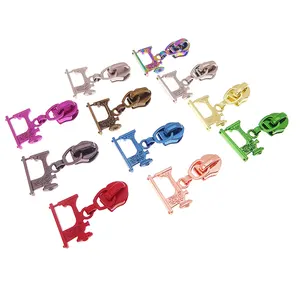


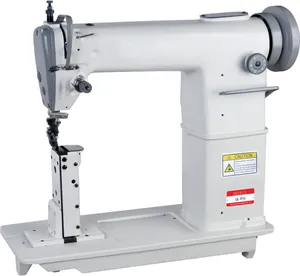


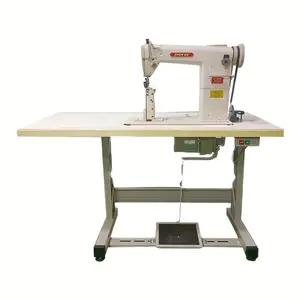

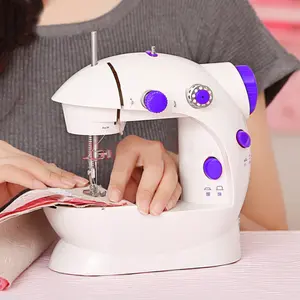

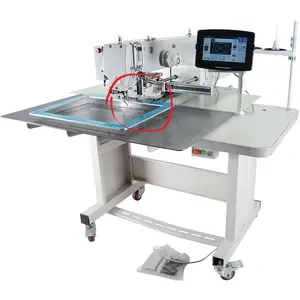
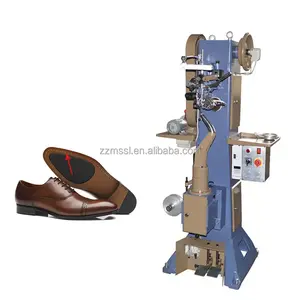
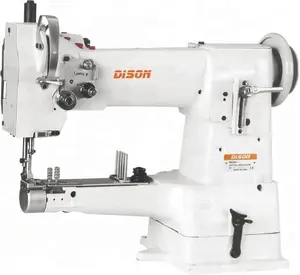

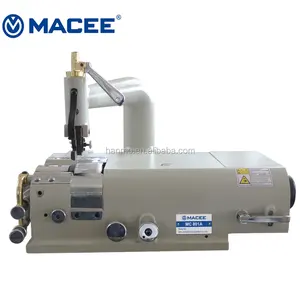





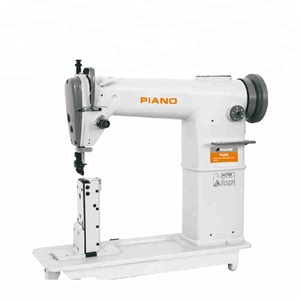


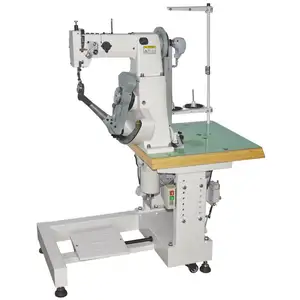

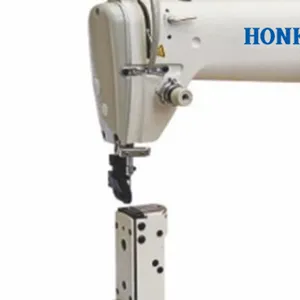



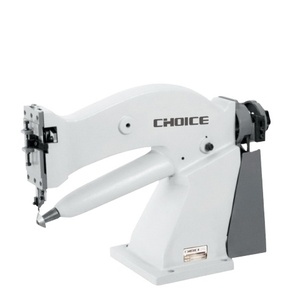



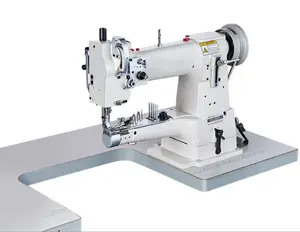








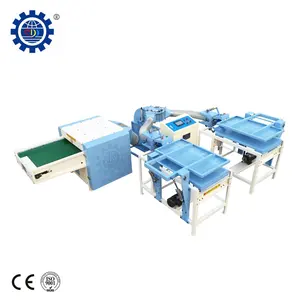

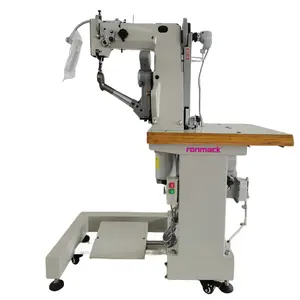
























 浙公网安备 33010002000092号
浙公网安备 33010002000092号 浙B2-20120091-4
浙B2-20120091-4